CHAT
WITH US
WITH US
GET A
QUOTE
have questions? call us
+44 3330 907053

Blog • Oceania • 27 Jan 2025
Share this article
Did you know that New Zealand ranks consistently in the top 10 countries for quality of life globally, with an impressive 1.5 million people (nearly one-third of the population) born overseas? This South Pacific nation continues to attract expats with its stunning natural beauty, high standard of living, and welcoming culture.
New Zealand offers a unique blend of modern urban living and unparalleled access to nature. Whether you're seeking career opportunities in vibrant cities or dreaming of a lifestyle change surrounded by spectacular landscapes, New Zealand provides diverse options for expatriates. Before choosing your ideal location, note that most long-term residents need to apply for a visa through Immigration New Zealand, with various pathways available based on skills, qualifications, and investment capacity.
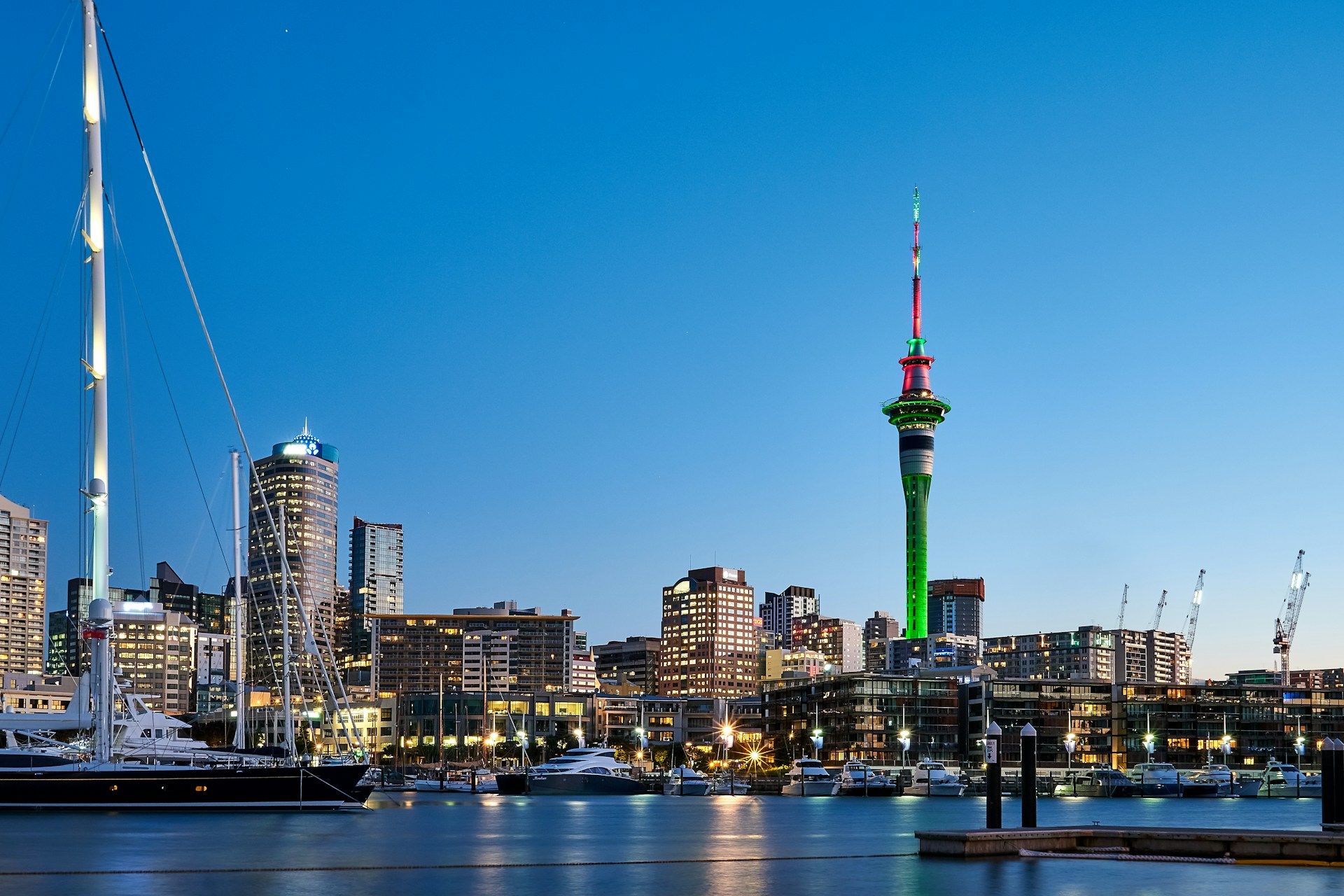
As New Zealand's largest city, Auckland serves as the country's economic powerhouse and most diverse metropolitan area. Sprawling between two harbours, the "City of Sails" offers a unique urban experience where corporate high-rises exist alongside beautiful beaches and volcanic cones.
Auckland's job market is the country's most robust, particularly in finance, technology, and healthcare sectors. The city's multiculturalism is reflected in its vibrant food scene, cultural festivals, and numerous international schools. However, this desirability comes with New Zealand's highest living costs and most challenging housing market.
The city's subtropical climate means mild winters and warm summers, though humidity can be high. Different areas of Auckland offer distinct lifestyle choices, from the bustling CBD to beachy suburban areas like Takapuna or the trendy inner suburbs of Ponsonby and Grey Lynn.
Key considerations for Auckland:
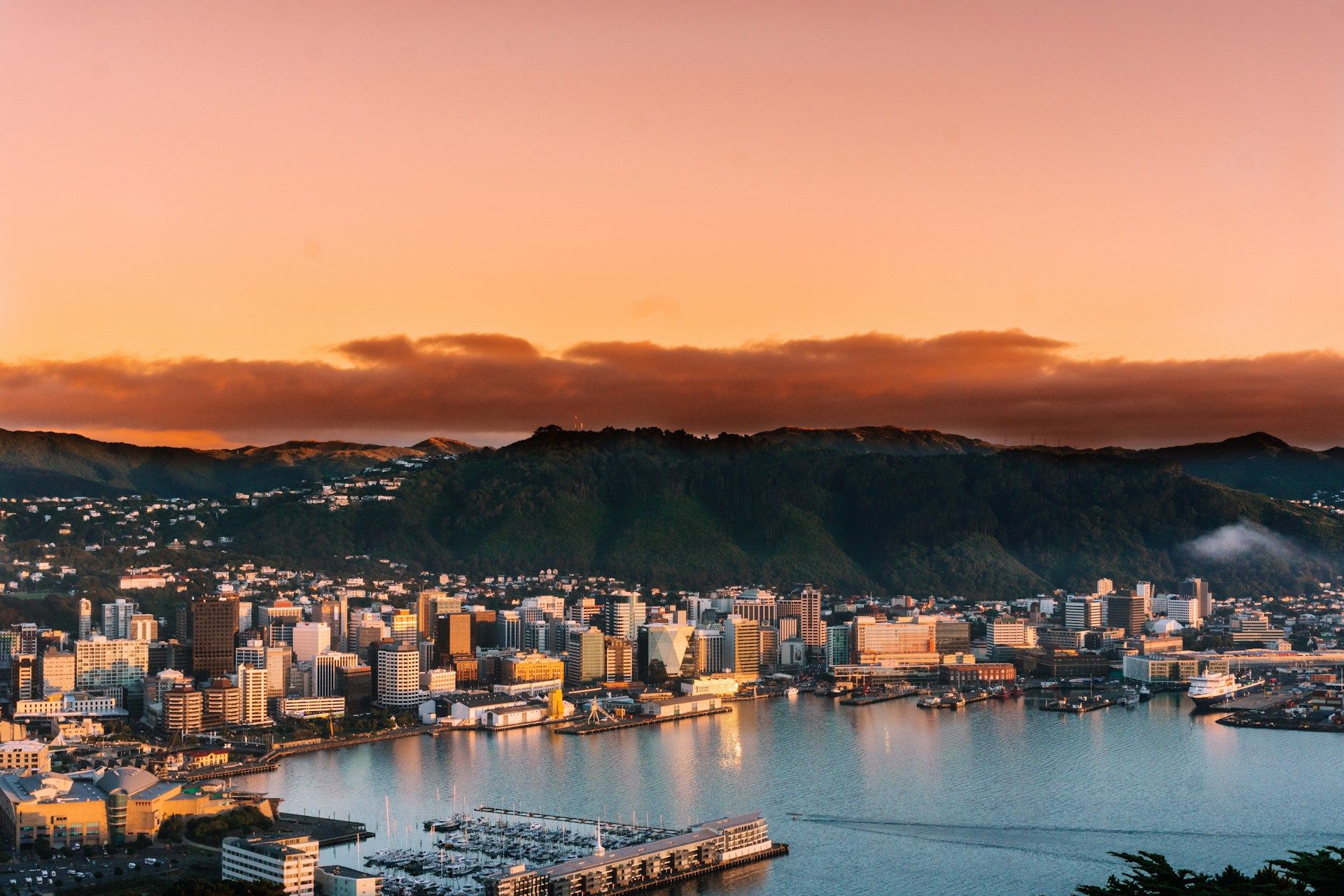
New Zealand's capital city, Wellington, combines the sophistication of a government centre with the creativity of a cultural hub. Known for its vibrant arts scene, craft beer culture, and infamous winds, "Windy Welly" offers a more compact urban experience than Auckland.
The city's position as the seat of government creates numerous opportunities in the public sector and related industries. Wellington's tech sector is also growing rapidly, earning it the nickname "Silicon Welly." The city's compact nature means most amenities are within walking distance, and its public transport system is among the country's best.
Wellington's culture of innovation and creativity attracts many young professionals and artists. The city's coffee culture is world-renowned, and its restaurant scene punches well above its weight for a city of its size.
Key considerations for Wellington:
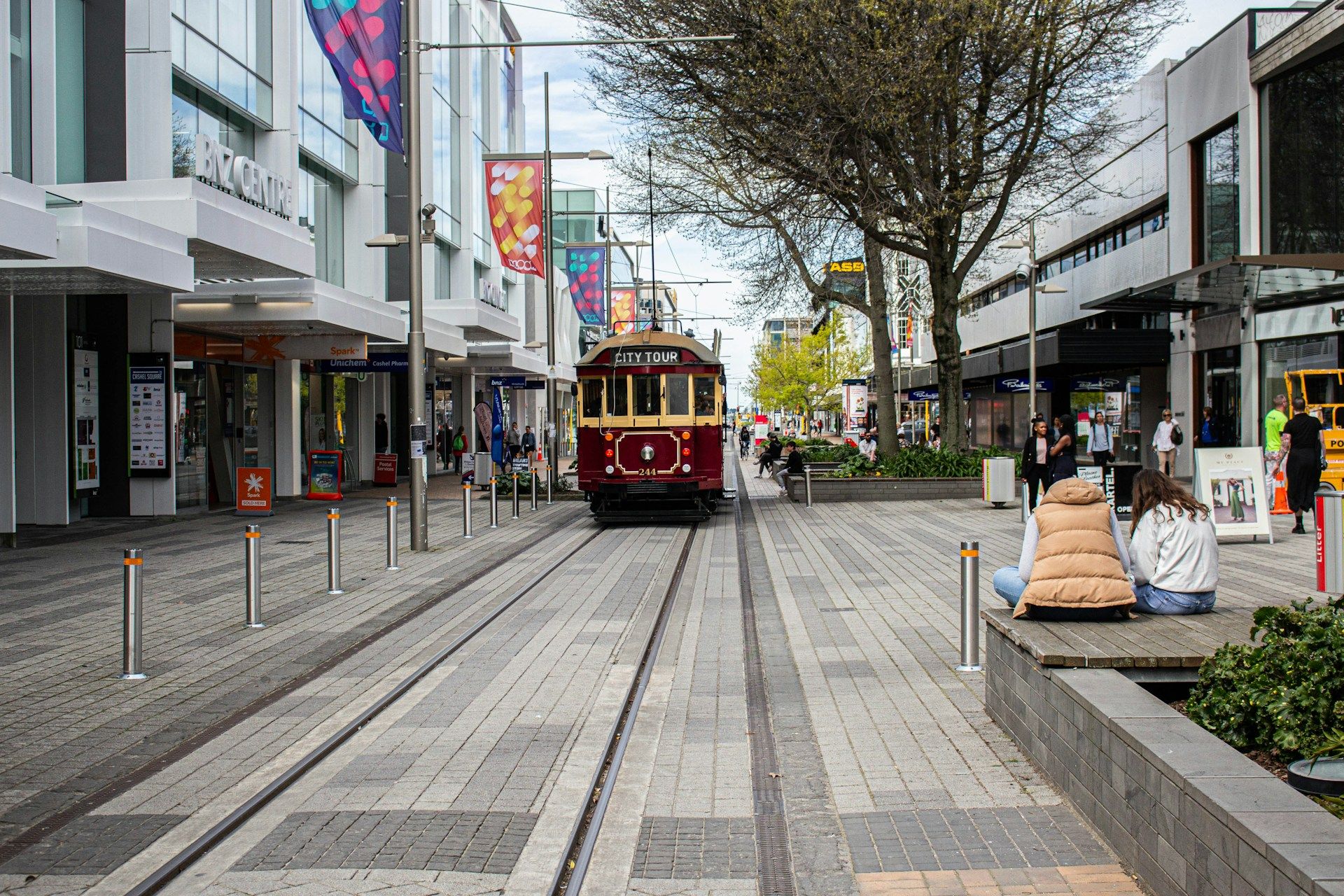
The largest city in the South Island, Christchurch has undergone a remarkable transformation following the 2011 earthquake. The rebuild has created a modern, innovative city while retaining its English heritage charm. Known as the "Garden City," Christchurch offers a unique blend of urban amenities and easy access to outdoor activities.
The city's reconstruction has generated numerous opportunities in construction, engineering, and technology sectors. Housing costs are significantly lower than in Auckland or Wellington, and the pace of life is generally more relaxed. The nearby Port Hills and Banks Peninsula provide excellent opportunities for outdoor recreation.
Post-earthquake Christchurch has embraced innovation in urban design and sustainability, creating a city that's both forward-looking and liveable. The flat terrain makes cycling a viable transport option, and the international airport provides good connections to both domestic and international destinations.
Key considerations for Christchurch:
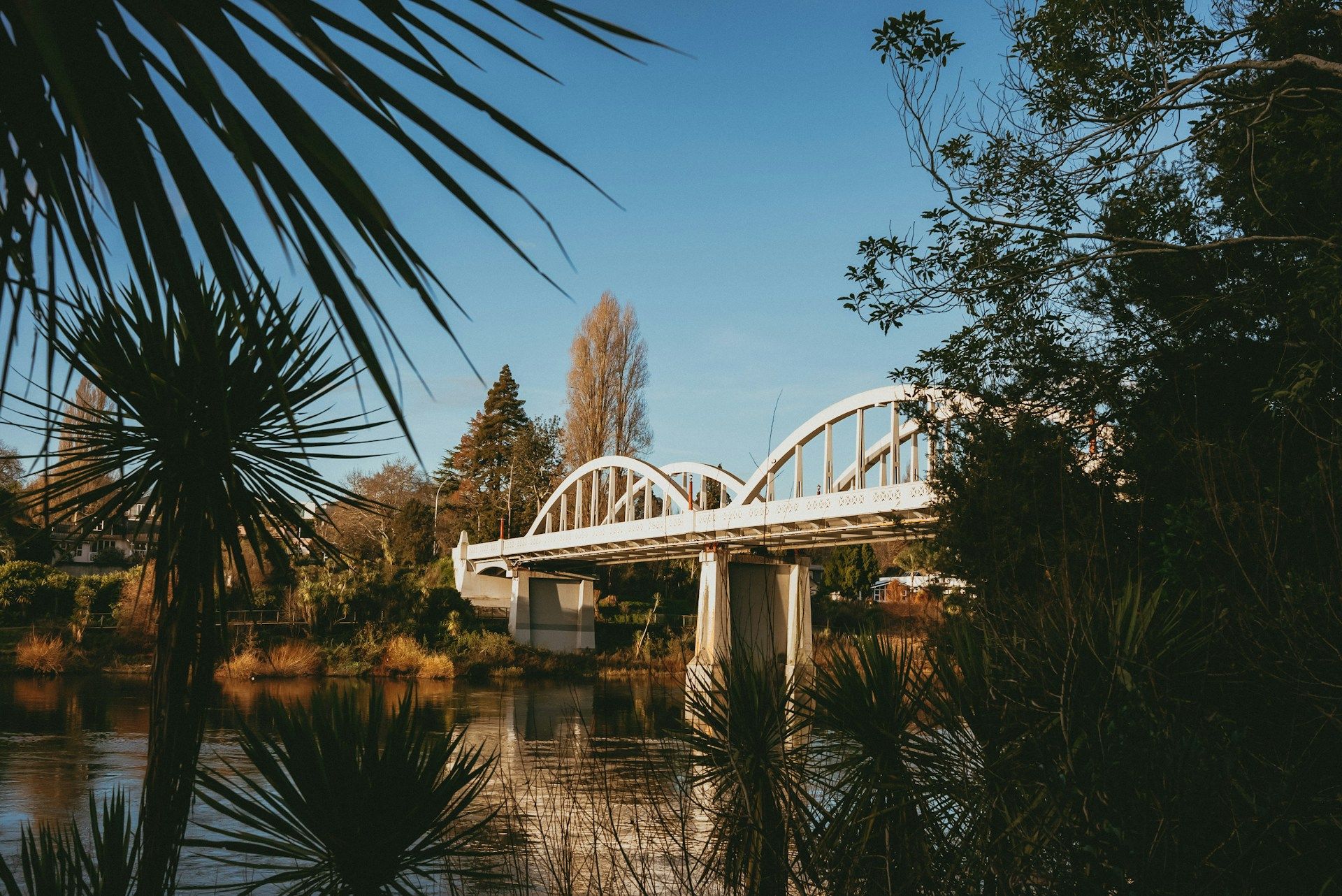
As New Zealand's fourth-largest city, Hamilton offers a perfect balance of urban amenities and rural charm. Located in the heart of the Waikato region, this inland city is surrounded by some of the country's most productive farmland and sits alongside the mighty Waikato River.
Hamilton's economy is diverse, with strong ties to agriculture, education, and research. The presence of the University of Waikato and various research institutions creates opportunities in academia and science. The city's strategic location, just 90 minutes from Auckland, makes it an attractive option for those seeking a more relaxed lifestyle while maintaining access to bigger city amenities.
Recent years have seen significant investment in Hamilton's cultural and recreational facilities, including the award-winning Hamilton Gardens and a revitalised river precinct. The city's younger population keeps the atmosphere dynamic, while housing costs remain considerably lower than in Auckland.
Key considerations for Hamilton:
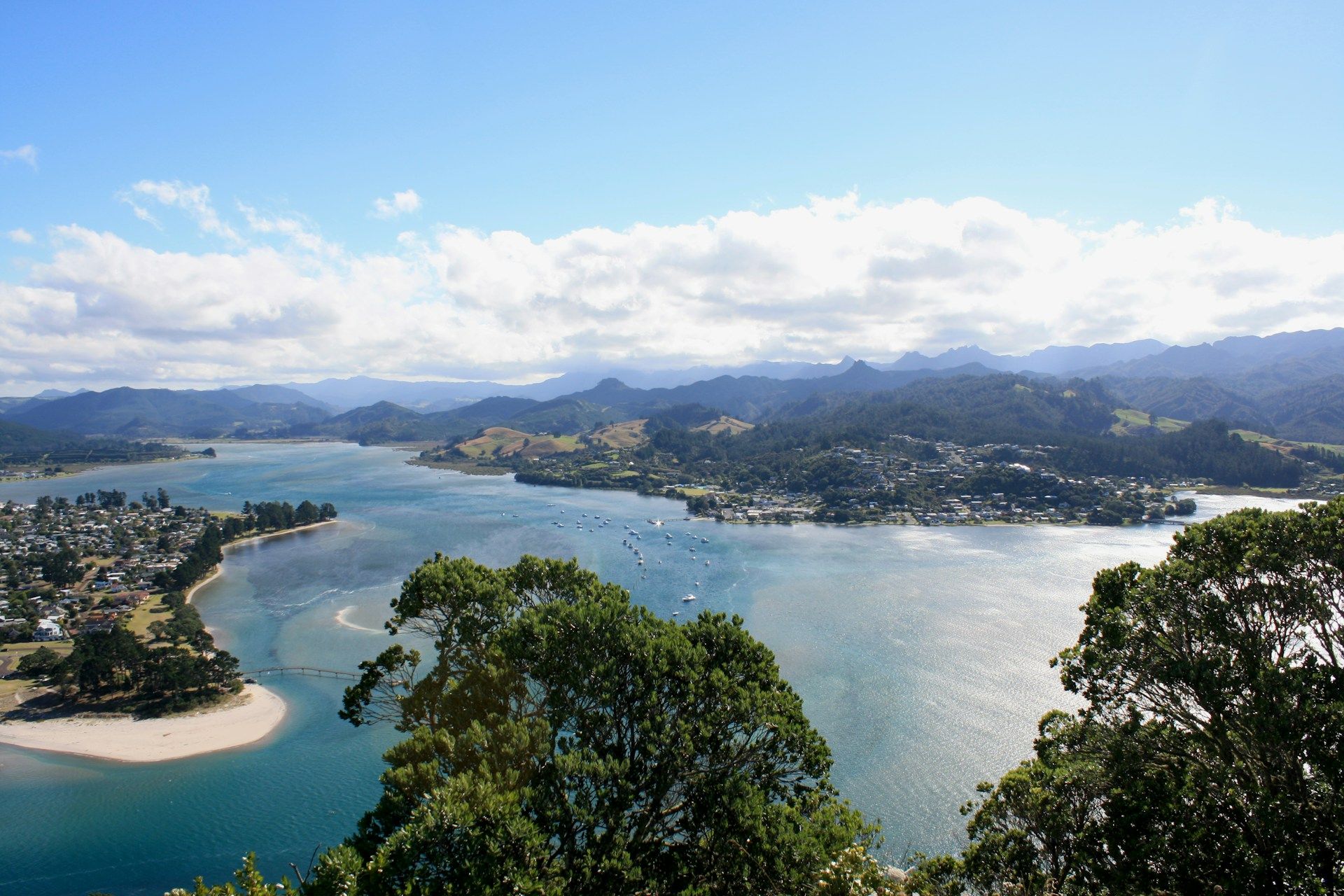
Tauranga, including Mount Maunganui, has transformed from a sleepy beach town into one of New Zealand's fastest-growing cities. Located in the Bay of Plenty region, it offers an enviable coastal lifestyle with a surprisingly robust economy centered around its port, horticulture, and tourism.
The city's popularity has grown significantly among both retirees and young families seeking an outdoor lifestyle without sacrificing career opportunities. The Port of Tauranga, New Zealand's largest export port, provides numerous jobs in logistics and related industries. The region's kiwifruit industry also creates significant seasonal and permanent employment opportunities.
Mount Maunganui beach consistently ranks among New Zealand's best, and the local climate is among the country's sunniest. However, this desirability has led to increasing property prices and some growing pains as infrastructure catches up with population growth.
Key considerations for Tauranga:
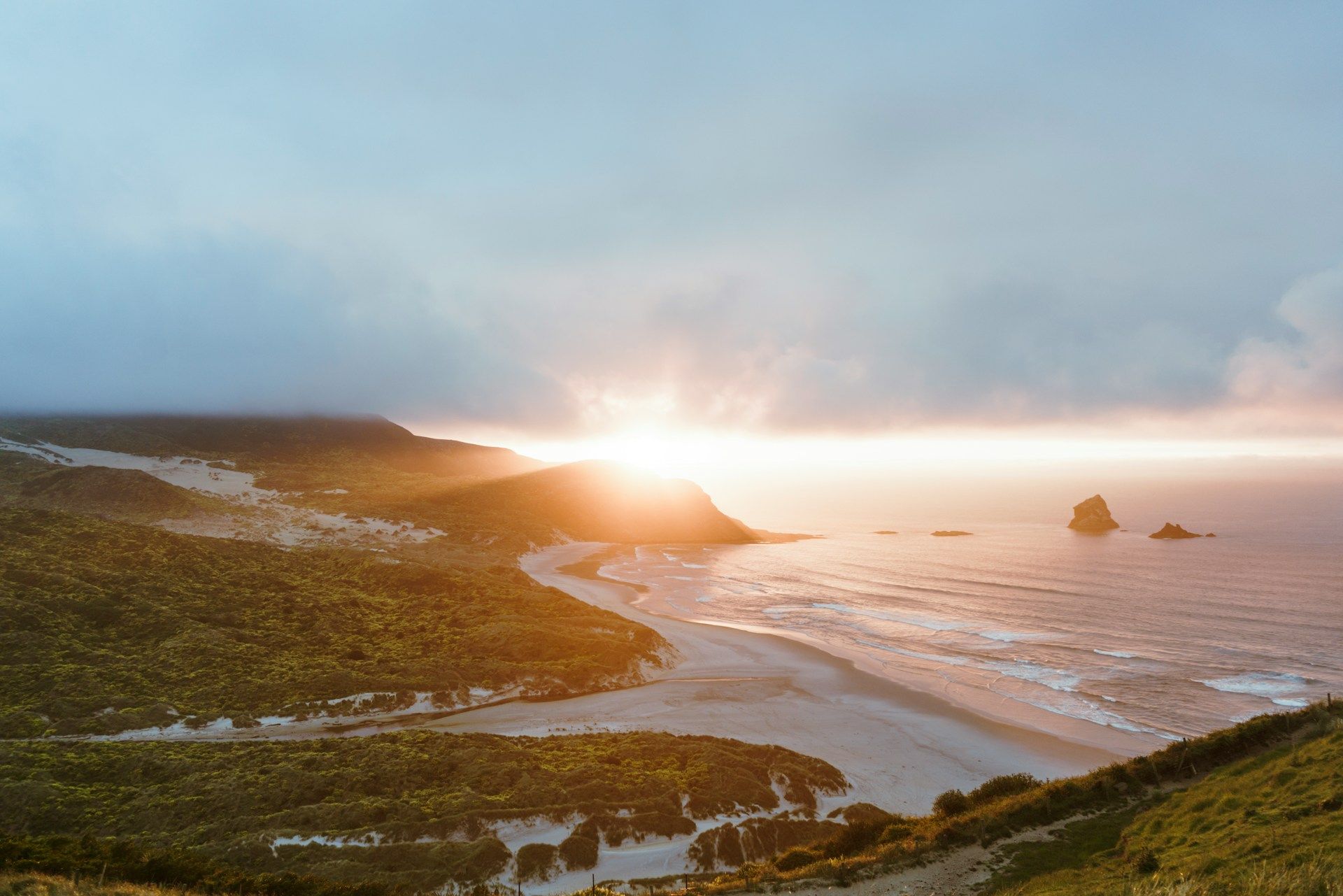
Known as the "Edinburgh of the South," Dunedin offers a unique blend of Scottish heritage, student culture, and natural beauty. The city's Victorian and Edwardian architecture creates a distinctive atmosphere, while the surrounding Otago Peninsula provides incredible wildlife viewing opportunities.
Home to the University of Otago, New Zealand's oldest university, Dunedin has a strong academic presence that brings vitality to the city. The student population creates a youthful atmosphere, particularly in the central city, while still maintaining its historic charm. The technology and creative sectors are growing, particularly in the city's warehouse precinct.
The cost of living in Dunedin is notably lower than in other main centres, though the cooler climate and distance from other major cities needs consideration. However, many find the trade-off worthwhile for the lifestyle and community spirit the city offers.
Key considerations for Dunedin:
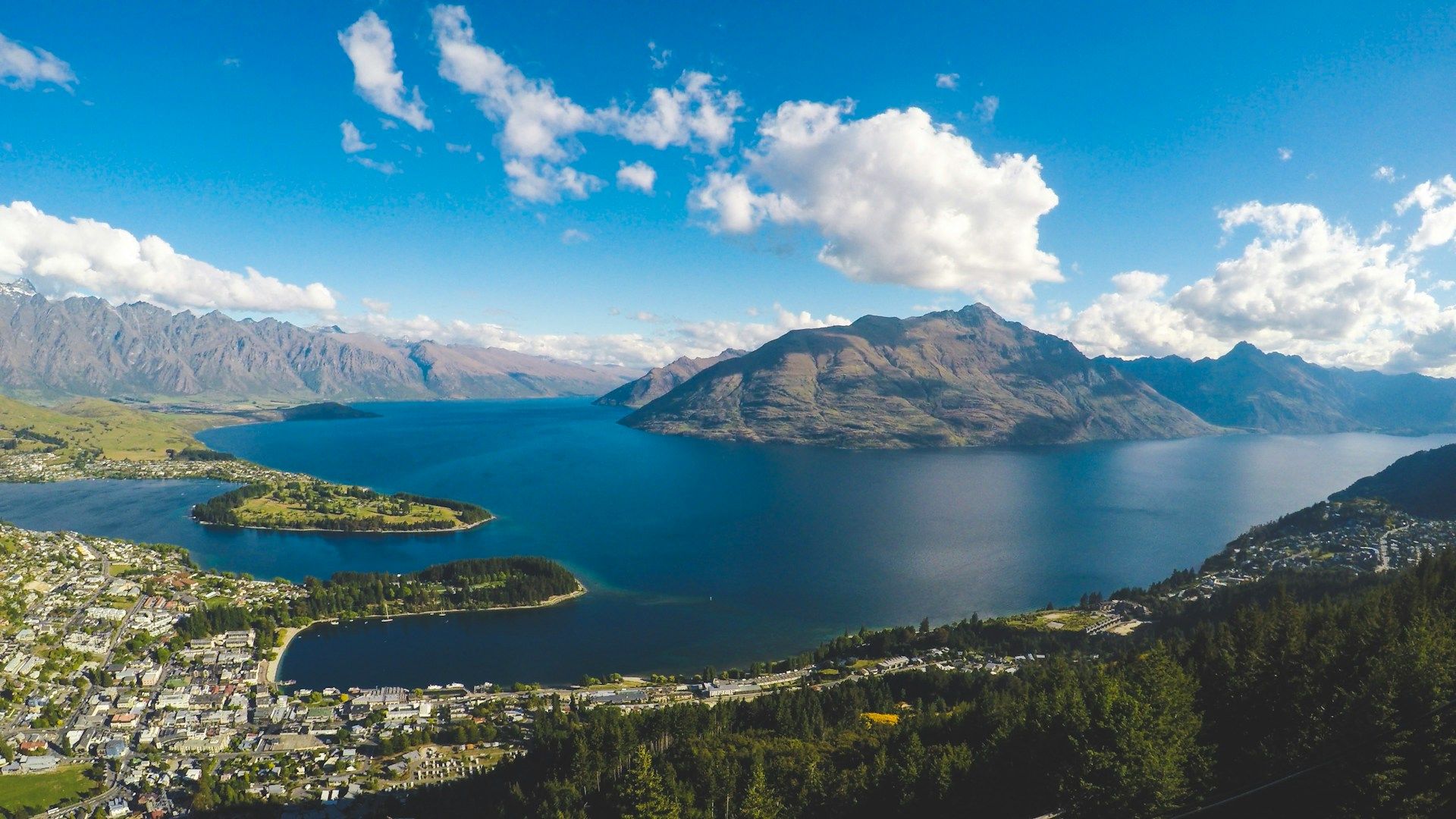
While primarily known as a tourist destination, Queenstown has evolved into a legitimate option for expats seeking an extraordinary lifestyle. Surrounded by mountains and situated on Lake Wakatipu, it offers unparalleled access to outdoor activities year-round.
The tourism industry dominates the local economy, creating opportunities in hospitality, adventure tourism, and related services. However, the town has also developed a small but growing technology sector, and remote workers are increasingly choosing Queenstown for its lifestyle benefits.
The main challenge of Queenstown living is the high cost of housing relative to local wages, largely driven by tourism and holiday homes. However, for those with remote work opportunities or entrepreneurial ambitions, it offers an incredible quality of life.
Key considerations for Queenstown:
Auckland remains the primary hub for corporate careers, particularly in finance, technology, and international business. However, Wellington's government sector and growing tech scene make it an excellent alternative, often with better work-life balance. Remote workers might find particular value in smaller centres like Tauranga or Queenstown, where lifestyle benefits compensate for distance from major business hubs.
The New Zealand Now website provides comprehensive information about working in New Zealand, including skill shortages and registration requirements for regulated professions.
Key considerations for professionals:
Wellington and Christchurch consistently rank highly for families, offering good schools, safe neighbourhoods, and excellent healthcare. Tauranga and Hamilton are increasingly popular choices, providing a more relaxed lifestyle with good educational options. The Ministry of Education's website offers comprehensive information about school zones and enrollment procedures.
Many families choose suburban areas around major cities, where housing offers better value and more space. Cities like Hamilton and Tauranga offer particularly good options for families seeking a balance between urban amenities and outdoor lifestyle.
Key considerations for families:
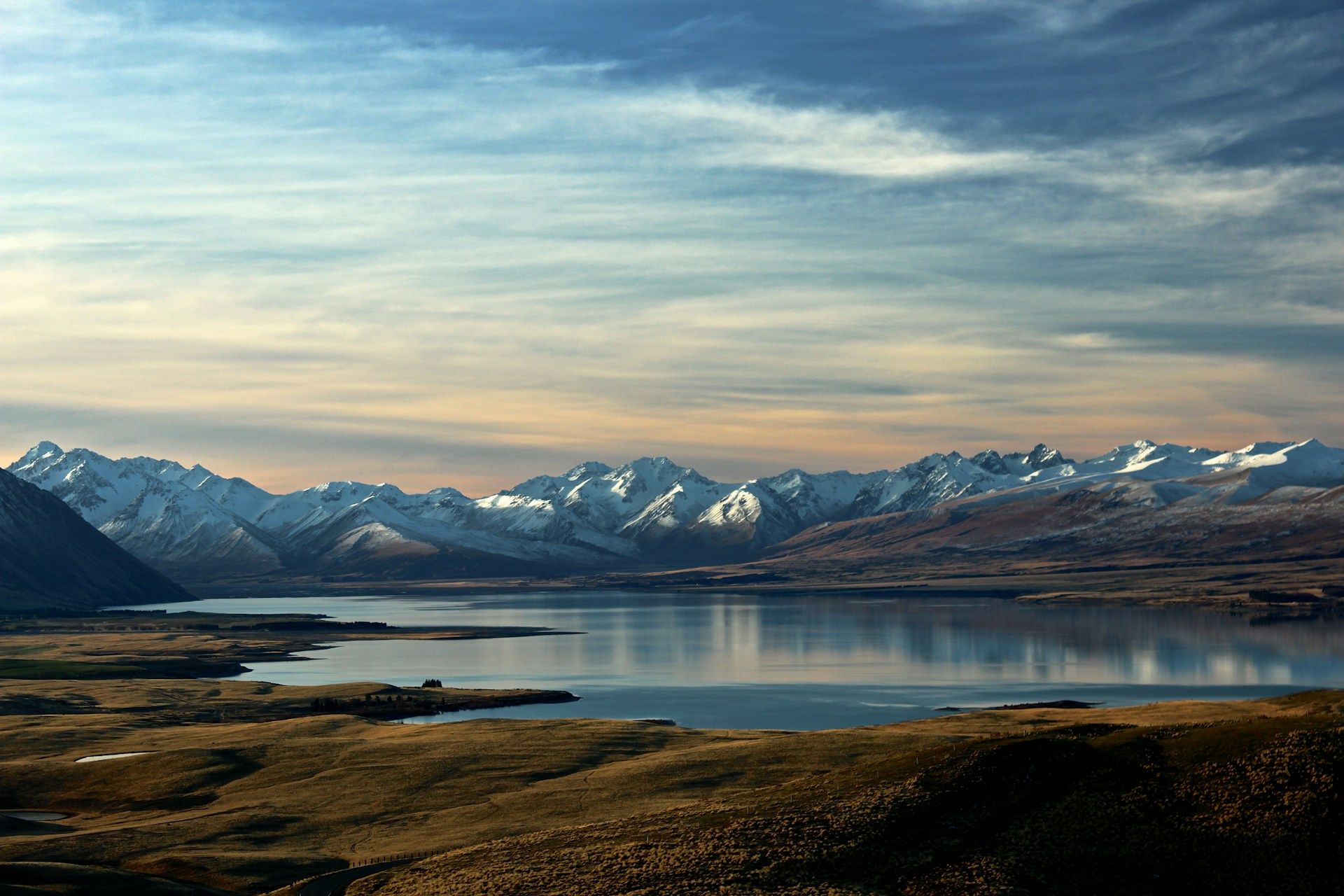
Dunedin, with its student-focused culture and lower living costs, offers an excellent environment for international students. Auckland and Wellington provide more diverse study options and better job prospects during and after studies. The Study in New Zealand portal provides comprehensive information about courses and institutions.
Key considerations for students:
New Zealand's public healthcare system provides high-quality care to residents, though some services may require co-payments. Most expats combine public healthcare with private insurance for better coverage. Visit the Ministry of Health website for information about healthcare entitlements and registering with a GP.
Opening a bank account can be done before arrival through major banks like ANZ, BNZ, or Westpac. The Reserve Bank of New Zealand provides guidance on financial services and regulations. Consider setting up your account before arrival to ease the transition.
Living costs vary significantly between regions. While Auckland and Queenstown have the highest costs, cities like Hamilton and Dunedin offer better value. A single person typically needs NZD 4,000-6,000 monthly in major cities (including rent) for a comfortable lifestyle.
Housing costs have risen significantly nationwide, with the national median rent for a three-bedroom house ranging from NZD 450-650 per week. Most rental properties come unfurnished, and initial costs typically include four weeks' rent as bond plus two weeks' rent in advance.
For the most current information about moving to New Zealand, including visa requirements and COVID-19 related updates, always refer to the Immigration New Zealand website or consult with a licensed immigration adviser.
Remember that each region of New Zealand offers its own unique lifestyle advantages. Taking time to visit different areas before making a final decision is highly recommended. The key to a successful expat experience often lies in finding the right balance between career opportunities, lifestyle preferences, and budget constraints.
If you’ve made up your mind on the move to New Zealand from the UK, why not partner up with Deliver1 for all your removal needs? We’ve moved countless people to their new lives overseas and our innovative approach ensures that your goods will arrive on-time, every time, tracked the entire way.
To find out more, get in touch today or get a fast, free quote here!
We love hearing from you-so please get in touch with any questions or queries.
We love hearing from you-so please get in touch with any questions or queries.
